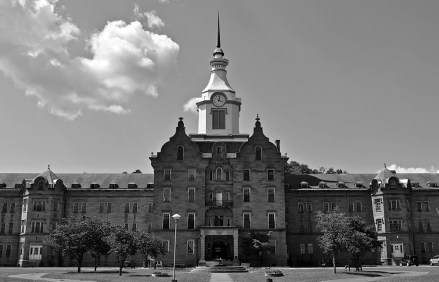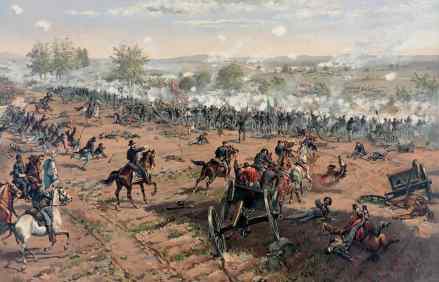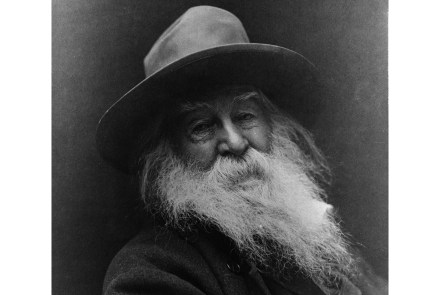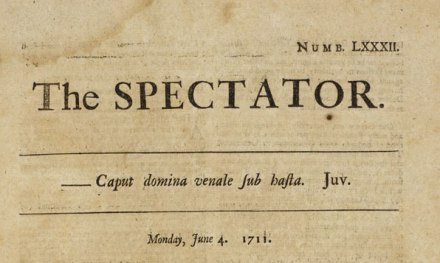A redemptive fable: Night Watch, by Jayne Anne Phillips, reviewed
The Appalachians have become fashionable fictional territory. Following Charles Frazier’s Cold Mountain and Barbara Kingsolver’s Prodigal Summer and Demon Copperhead comes Jayne Anne Phillips’s Night Watch. Like Cold Mountain, it is set largely in the aftermath of the American civil war, but, for all its wealth of detail, it is less a historical account than a redemptive fable. As befits a portrait of a society riven by war, the novel unfolds in a series of discrete episodes. Its dominant consciousness and first-person narrator is 12-year-old ConaLee, who lives in a remote hillside cabin with her mother Eliza, infant brothers and sister and violently abusive ‘Papa’. Their nearest neighbour is Dearbhla,





